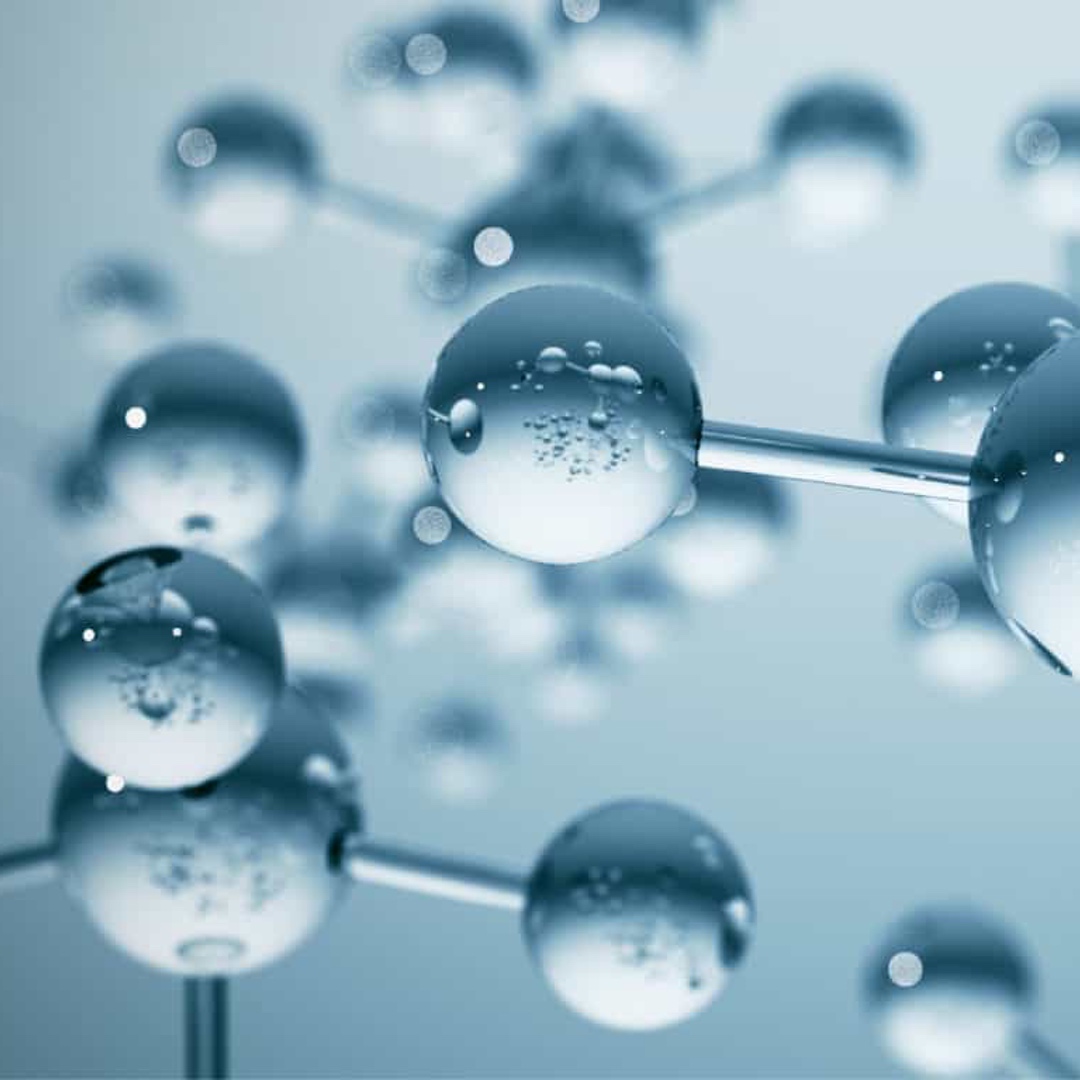[vc_row][vc_column][vc_column_text]A peptide is a short chain of amino acids, which are the building blocks of proteins. Peptides play a vital role in human health and can be found in many different parts of the body. They can act as hormones, neurotransmitters, and enzymes, and are involved in a wide range of physiological processes.
Peptides can act as messengers in the body, transmitting signals between cells and coordinating various bodily functions. For example, insulin, a well-known peptide, regulates blood sugar levels by signaling to cells to take up glucose from the bloodstream. Other peptides, such as growth hormone and erythropoietin, play important roles in growth and development.
[/vc_column_text][/vc_column][/vc_row][vc_row conditional_render=”%5B%7B%22value_role%22%3A%22administrator%22%7D%5D”][vc_column][vc_column_text]Peptides also play a key role in the immune system, helping to fight off infections and diseases. They can act as antimicrobial peptides, attacking and killing harmful bacteria and viruses. Peptides can also stimulate the production of other immune cells, such as T-cells and B-cells, which help to identify and neutralize pathogens.
In recent years, peptides have also been used as drugs to target specific cells or proteins in the body. Peptide-based drugs have been developed for a wide range of conditions, including cancer, diabetes, and autoimmune disorders. They have been found to be effective in treating these conditions with fewer side effects than traditional drugs.
In addition, peptides are also used in cosmetics and skincare products as they have been proven to be effective in anti-aging and skin rejuvenation. They can help to stimulate collagen production, improve skin elasticity and hydration, and reduce the appearance of fine lines and wrinkles.
Overall, peptides are an important part of human health and play a vital role in maintaining the body and normal functions. As always reach out to me or our team if you have any questions on this post or on any of our natural peptide products.
Lauriston Crockett ~ “The Peptide Guru”[/vc_column_text][/vc_column][/vc_row][vc_row conditional_render=”%5B%7B%22value_role%22%3A%22administrator%22%7D%5D”][vc_column][vc_video link=”https://www.youtube.com/watch?v=LSku-MaXIIw”][/vc_column][/vc_row]

